Stephen Elop: “Nokia, our platform is burning”

When the ship is sinking there is notime for formalities and you have to be brutally honest and fast tosave it or to save the people on board. That is the exact approachtaken by Stephen Elop, ex-Microsoft employee and current CEO of Nokiain a memo to Nokia staff: “We too, are standing on a "burningplatform," and we must decide how we are going to change ourbehaviour.”
That is just one quote from an honestintrospection about Nokia and its place in the mobile industry. Tostress his point Elop repeats it over and over again: “I havelearned that we are standing on a burning platform. And, we have morethan one explosion - we have multiple points of scorching heat thatare fuelling a blazing fire around us.”
But the much needed change doesn't seemto be MeeGo either - rather everything else ranging from WindowsPhone 7 to Android. Why not MeeGo? “We thought MeeGo would be aplatform for winning high-end smartphones. However, at this rate, bythe end of 2011, we might have only one MeeGo product in the market,”Elop answers this question quite frankly.
But it's not only the high-end segmentthat is in serious trouble – Nokia's CEO talks about the invasionof Android in mid-range phones, while “at the lower-end pricerange, Chinese OEMs are cranking out a device much faster than, asone Nokia employee said only partially in jest, "the time thatit takes us to polish a PowerPoint presentation."”
This eloquent presentation is full ofanalogies that look aimed to inspire Nokia employees ahead of whatseems to be a huge shakeup. If Symbian is burning and MeeGo is farfrom ready for primetime, we cannot see any other path but one of arevolutionary change for Nokia such as adopting a new operatingsystem.
The last two quarters marked anose-dive in market share for Nokia smartphones, which lost 11%, downto 28% from 39% at the end of Q2, more than any manufacturer we canthink of in such a short period of time. As Elop mentions, ratingagencies such as Standard & Poor's will be re-evaluating Nokia'soutlooks soon and a downgrade in rating might mark the beginning of abigger slip. We can still remember Motorola's downfall, when thecompany plunged from the world's second manufacturer to ninth in justfour years, but hopefully change is coming for the Finns. Whatever itis, February 11th seems to be one of the most decisiveCapital Markets Day events for Nokia so far. Check out the full textof Elop's memo as obtained by Engadget below:
"Hello there,
There is a pertinent story about a manwho was working on an oil platform in the North Sea. He woke up onenight from a loud explosion, which suddenly set his entire oilplatform on fire. In mere moments, he was surrounded by flames.Through the smoke and heat, he barely made his way out of the chaosto the platform's edge. When he looked down over the edge, all hecould see were the dark, cold, foreboding Atlantic waters.
As the fire approached him, the man hadmere seconds to react. He could stand on the platform, and inevitablybe consumed by the burning flames. Or, he could plunge 30 meters into the freezing waters. The man was standing upon a "burningplatform," and he needed to make a choice.
He decided to jump. It was unexpected.In ordinary circumstances, the man would never consider plunging intoicy waters. But these were not ordinary times - his platform was onfire. The man survived the fall and the waters. After he was rescued,he noted that a "burning platform" caused a radical changein his behaviour.
We too, are standing on a "burningplatform," and we must decide how we are going to change ourbehaviour.
Over the past few months, I've sharedwith you what I've heard from our shareholders, operators,developers, suppliers and from you. Today, I'm going to share whatI've learned and what I have come to believe.
I have learned that we are standing ona burning platform.
And, we have more than one explosion -we have multiple points of scorching heat that are fuelling a blazingfire around us.
For example, there is intense heatcoming from our competitors, more rapidly than we ever expected.Apple disrupted the market by redefining the smartphone andattracting developers to a closed, but very powerful ecosystem.
In 2008, Apple's market share in the$300+ price range was 25 percent; by 2010 it escalated to 61 percent.They are enjoying a tremendous growth trajectory with a 78 percentearnings growth year over year in Q4 2010. Apple demonstrated that ifdesigned well, consumers would buy a high-priced phone with a greatexperience and developers would build applications. They changed thegame, and today, Apple owns the high-end range.
And then, there is Android. In abouttwo years, Android created a platform that attracts applicationdevelopers, service providers and hardware manufacturers. Androidcame in at the high-end, they are now winning the mid-range, andquickly they are going downstream to phones under €100. Google hasbecome a gravitational force, drawing much of the industry'sinnovation to its core.
Let's not forget about the low-endprice range. In 2008, MediaTek supplied complete reference designsfor phone chipsets, which enabled manufacturers in the Shenzhenregion of China to produce phones at an unbelievable pace. By someaccounts, this ecosystem now produces more than one third of thephones sold globally - taking share from us in emerging markets.
While competitors poured flames on ourmarket share, what happened at Nokia? We fell behind, we missed bigtrends, and we lost time. At that time, we thought we were making theright decisions; but, with the benefit of hindsight, we now findourselves years behind.
The first iPhone shipped in 2007, andwe still don't have a product that is close to their experience.Android came on the scene just over 2 years ago, and this week theytook our leadership position in smartphone volumes. Unbelievable.
We have some brilliant sources ofinnovation inside Nokia, but we are not bringing it to market fastenough. We thought MeeGo would be a platform for winning high-endsmartphones. However, at this rate, by the end of 2011, we might haveonly one MeeGo product in the market.
At the midrange, we have Symbian. Ithas proven to be non-competitive in leading markets like NorthAmerica. Additionally, Symbian is proving to be an increasinglydifficult environment in which to develop to meet the continuouslyexpanding consumer requirements, leading to slowness in productdevelopment and also creating a disadvantage when we seek to takeadvantage of new hardware platforms. As a result, if we continue likebefore, we will get further and further behind, while our competitorsadvance further and further ahead.
At the lower-end price range, ChineseOEMs are cranking out a device much faster than, as one Nokiaemployee said only partially in jest, "the time that it takes usto polish a PowerPoint presentation." They are fast, they arecheap, and they are challenging us.
And the truly perplexing aspect is thatwe're not even fighting with the right weapons. We are still toooften trying to approach each price range on a device-to-devicebasis.
The battle of devices has now become awar of ecosystems, where ecosystems include not only the hardware andsoftware of the device, but developers, applications, ecommerce,advertising, search, social applications, location-based services,unified communications and many other things. Our competitors aren'ttaking our market share with devices; they are taking our marketshare with an entire ecosystem. This means we're going to have todecide how we either build, catalyse or join an ecosystem.
This is one of the decisions we need tomake. In the meantime, we've lost market share, we've lost mind shareand we've lost time.
On Tuesday, Standard & Poor'sinformed that they will put our A long term and A-1 short termratings on negative credit watch. This is a similar rating action tothe one that Moody's took last week. Basically it means that duringthe next few weeks they will make an analysis of Nokia, and decide ona possible credit rating downgrade. Why are these credit agenciescontemplating these changes? Because they are concerned about ourcompetitiveness.
Consumer preference for Nokia declinedworldwide. In the UK, our brand preference has slipped to 20 percent,which is 8 percent lower than last year. That means only 1 out of 5people in the UK prefer Nokia to other brands. It's also down in theother markets, which are traditionally our strongholds: Russia,Germany, Indonesia, UAE, and on and on and on.
How did we get to this point? Why didwe fall behind when the world around us evolved?
This is what I have been trying tounderstand. I believe at least some of it has been due to ourattitude inside Nokia. We poured gasoline on our own burningplatform. I believe we have lacked accountability and leadership toalign and direct the company through these disruptive times. We had aseries of misses. We haven't been delivering innovation fast enough.We're not collaborating internally.
Nokia, our platform is burning.
We are working on a path forward -- apath to rebuild our market leadership. When we share the new strategyon February 11, it will be a huge effort to transform our company.But, I believe that together, we can face the challenges ahead of us.Together, we can choose to define our future.
The burning platform, upon which theman found himself, caused the man to shift his behaviour, and take abold and brave step into an uncertain future. He was able to tell hisstory. Now, we have a great opportunity to do the same.
Stephen."
source: Engadget, TechCrunch Europe and The Register


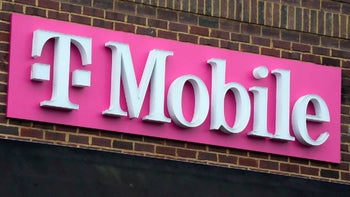
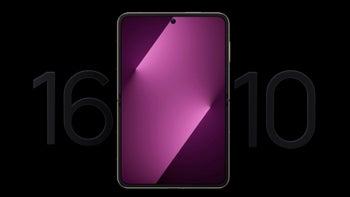
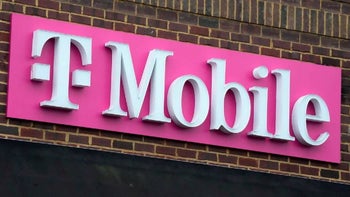
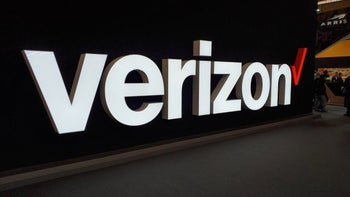

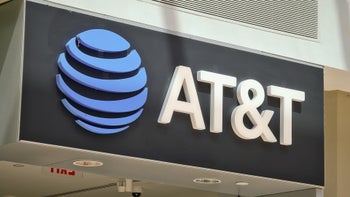
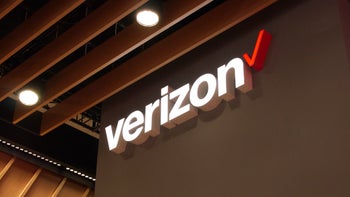
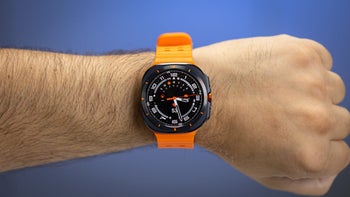
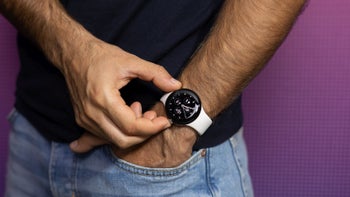
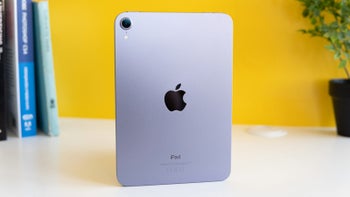
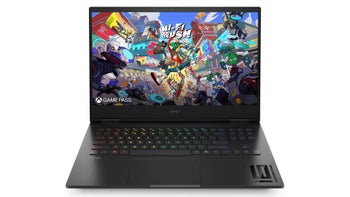
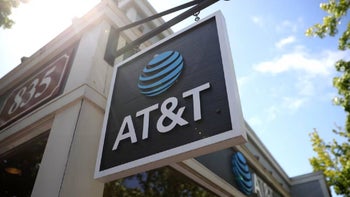
Things that are NOT allowed: